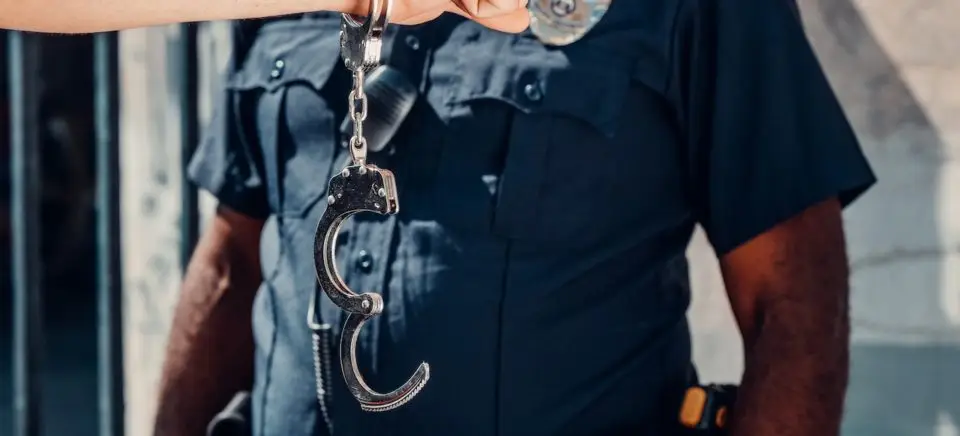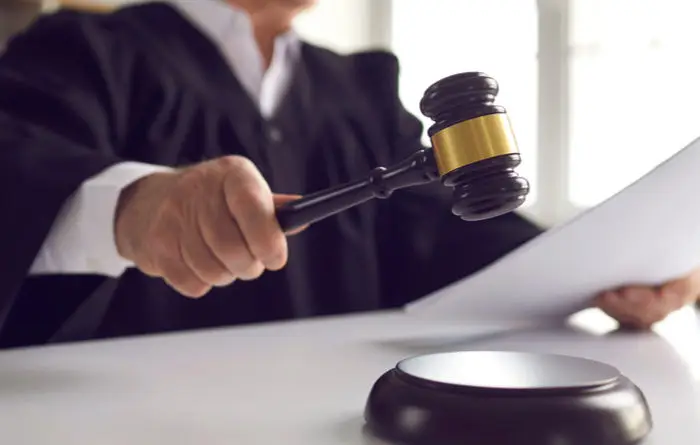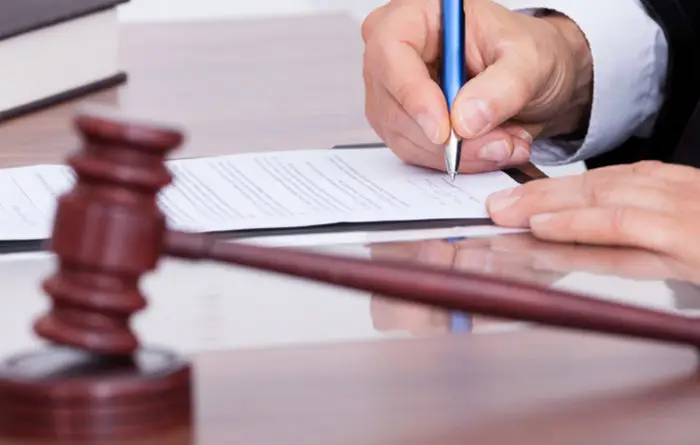What Happens if Charges are Dropped before Court

If criminal charges are dropped, a defendant is no longer required to stand trial. The judge or magistrate presiding over the case will dismiss all charges against the accused and any associated search warrant. No further legal action is taken, and the search warrant issued by the court becomes void.
When charges are dropped. You can no longer use the evidence collected under such circumstances in court proceedings against the accused. The police must also return any items seized during their investigation within a reasonable time frame. Individuals may be able to file suit if they feel that you violated their rights during an illegal search and seizure conducted under an invalid search warrant.
Reasons Charges May be Dropped:
Charges may be dropped for many reasons, and it is essential to understand why this happens. In some cases, payments may be dismissed if there is insufficient evidence or the evidence presented in court does not meet the burden of proof required for a conviction. Additionally, mistakes made by law enforcement regarding search warrants or other legal procedures can lead to charges being dropped. Further, You may have violated a defendant’s constitutional rights during arrest or custody. It can result in charges being dropped due to lack of due process or other violations of civil liberties. Additionally, prosecutors may decide that a case should be dropped as part of plea bargain negotiations with the defense attorney or because witnesses are not available to testify against the accused.
Pros
Charges being dropped before the court has several advantages for those involved in criminal proceedings. First and foremost, an individual facing a charge can avoid the potentially lengthy and costly criminal trial process. In addition to saving time and money, preventing a trial reduces stress on the accused as they no longer need to worry about a potential conviction.
Furthermore, having charges dropped before the court can improve an individual’s reputation by removing any public stigma associated with the case. It could be beneficial if the person was charged with something minor or false accusations were made against them. It allows them to move forward without lingering doubts from their peers or employers. Finally, depending on why the charges were dropped in the first place, it may also indicate that there wasn’t sufficient evidence for a successful prosecution against the accused.
Cons
The dropping of charges is a contentious issue in the criminal justice system. It can be seen as a way of avoiding further strain on the judicial system or acting as a form of leniency for defendants who may have committed lesser offenses. However, numerous cons are associated with charges being dropped that must be considered before deciding this course of action.
When it comes to charges being dropped, there is always the chance that an innocent person could go to jail if the evidence is not adequately evaluated or gathered. It can lead to long-term consequences such as psychological trauma and lost opportunities in education and employment due to a criminal record. Dropping charges can send the wrong message to perpetrators by implying that they can commit unchecked —which has been known to foster more crime within communities.
Legal Consequences for the Accused:
When a criminal charge is dropped, several consequences may follow. The accused may be required to pay fines and other costs associated with the charges, even if they have been dismissed. Additionally, depending on the charges involved, the person may still face certain restrictions. At the same time, the case is being processed in court.
An individual charged with assault could still be placed under a restraining order or other protective measures. In some cases, you could also take legal action against those responsible for making false accusations or maliciously prosecuting someone for crimes they didn’t commit. If this happens, you can sometimes recover damages such as emotional distress and financial losses from those responsible.
Impact on Victim:
When criminal charges are dropped, it can majorly impact victims. Victims feel a sense of justice when the perpetrator is held accountable and faces the consequences of their actions. When the charges are dropped or dismissed, victims feel confused and frustrated.
Victims may experience feelings of betrayal. If they believe that the judicial system has not served them in the way it should have. They may be compounded by feeling disempowered and voiceless after cooperating with investigations. Dropping criminal charges can leave victims with little recourse to seek justice.
Conclusion:
It is important to remember that when charges are dropped, the accused is not necessarily innocent. In the eyes of the public, your reputation is tarnished. It can also leave the accuser feeling powerless and without any real sense of justice. Both parties should continue to seek closure. They can seek support from friends and family or professional mental health services.



